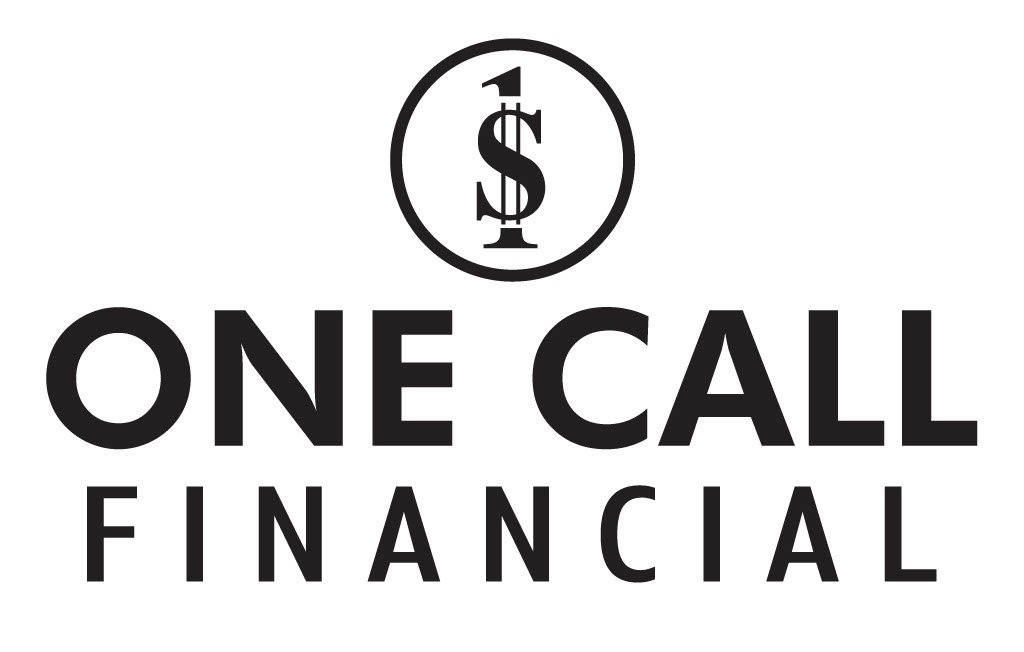When Your Hobby Becomes a Business: What You Need to Know for Taxes
Published: September 8th, 2025
Published by: One Call Financial - Wellington, FL Accounting
Many people start hobbies for fun - whether it’s crafting birdhouses, making woven towels, or photography. But if your hobby starts generating income, it may be time to think of it as a business and report it on your taxes.
At One Call Financial, we help hobbyists, side hustlers, and small business owners navigate tax obligations, deductions, and reporting requirements so you can focus on growing your business without worry.
When Should You Report Income from Your Hobby?
If you make $400 or more per year from your hobby, the IRS requires you to report it on your Form 1040. Reporting has two key benefits:
You can deduct eligible expenses.
You stay compliant with IRS rules.
If your hobby has been profitable in three of the last five years, it’s likely time to treat it as a business and file a Schedule C with your tax return.
8 Questions to Determine if Your Hobby is a Business
The IRS recommends asking yourself these questions:
Do you intend to make a profit from the activity?
Has the activity made a profit in some years?
Can you expect future profit from asset appreciation?
Do you rely on the income for part of your livelihood?
Are losses due to startup circumstances or beyond your control?
Do you adjust your methods to improve profitability?
Do you keep complete, accurate, and organized records?
Do you and your advisors have the knowledge to run it successfully?
Answering “yes” to most of these suggests your hobby should be treated as a business for tax purposes.
Reporting Your Income
Depending on your sales methods, you may receive a 1099 form:
1099-K – For payments via credit cards or third-party platforms like Etsy or PayPal.
Self-Reported Income – For cash or check payments; track all revenue carefully.
All income is reported on Schedule C alongside your Form 1040.
Deductible Expenses
Some expenses are straightforward—supplies, inventory, or wholesale products are typically deductible. Others fall into a gray area.
Ordinary Expenses: Common and accepted in your industry.
Necessary Expenses: Helpful and appropriate for running your business, though not necessarily essential.
Keep detailed records, as deductions must be justifiable if the IRS questions them.
Moving Forward
As we enter a new tax year, consider whether it’s time to reclassify your hobby as a business and start filing a Schedule C. At One Call Financial, we’re here to guide you through tax planning, expense tracking, and business compliance so you can confidently manage your side hustle or small business.
Whether you’re in Wellington, FL or anywhere in the U.S., our team provides professional, personalized support to help you navigate the tax rules and maximize your deductions.

